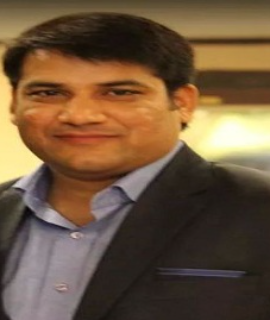Abstract:
Vitamin D is a fat-soluble steroid hormone that contributes to the maintenance of normal calcium homeostasis and skeletal mineralization. The prevalence of subclinical vitamin D deficiency is not only restricted to rural population, but it is highly prevalent across the whole globe. It affects the individuals irrespective of their gender, race and geography. It’s deficiency is common in all age groups including the neonates. Although, it is commonly known as vitamin, but is actually not an essential dietary vitamin in the strict sense, as it can be easily synthesized by all mammals from sunlight in adequate amount. Vitamin D not only plays an essential role in calcium homeostasis and bone mineral metabolism, but it also helps in performing a wide range of fundamental biological functions such as cell differentiation, inhibition of cell growth and immunomodulation. By inhibiting uncontrolled proliferation and stimulation of cell differentiation, Vitamin D helps to prevent development of autoimmune disorders and even common cancers. Prolonged usage of certain drugs (Glucocorticoids, cytochrome P450 enzyme inducers, anticonvulsants, antiretro viral agents etc.) and other health problems including chronic kidney disease, asthma, pneumonia, coeliac disease, liver disease, tuberculosis, cancers (prostate, breast and colon), diabetes etc. are associated with Vitamin D deficiency. The concept of vitamin D possessing important pleiotropic actions and owing to its multiple implications on health, the epidemic of vitamin D deficiency significantly contributes to the burden on the healthcare system and society. Thus, it is desirable to update our knowledge about current research related to role of vitamin D beyond bone metabolism.




